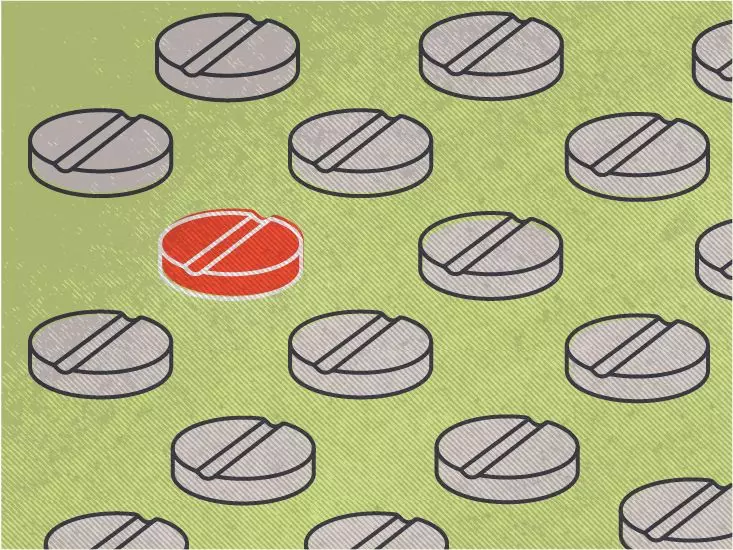In the domain of reproductive health, the intersection of medication, pregnancy, and fertility is a critical area that requires careful consideration. With an increasing number of medications being prescribed to individuals of childbearing age, understanding the potential implications of drugs like Ojjaara is essential. This article aims to explore the relationship between Ojjaara and various reproductive factors, providing insights for those who may become pregnant, are currently pregnant, or are considering pregnancy.
Pregnancy is a complex physiological state where the health of both the mother and the developing fetus is paramount. Current studies have shown that Ojjaara may pose risks during pregnancy; animal studies indicate that the drug can cause fetal harm when administered to pregnant animals. However, it’s crucial for patients and healthcare providers to recognize that animal studies cannot always predict human outcomes accurately. As a result, if you are considering pregnancy or have the potential to conceive, it is vital to engage in an open conversation with your healthcare provider about the safety of taking Ojjaara during this sensitive period.
Potential Effects on Fertility
Another critical aspect to consider is how Ojjaara may affect fertility. Research suggests that the drug has the potential to impair fertility in both males and females, based on animal studies. This revelation is particularly concerning for individuals who are actively trying to conceive. Before initiating treatment with Ojjaara, potential patients should seek medical advice to fully understand the implications it may have on their reproductive capabilities.
For those taking Ojjaara, birth control becomes an essential aspect of care. It is generally advised that individuals who are sexually active and capable of becoming pregnant should discuss birth control options with their doctor before starting this medication. During treatment and for at least one week following the last dose, effective birth control is recommended to mitigate the risk of unintended pregnancy. While the manufacturer has not provided specific guidelines for birth control in males, it’s prudent for partners who are capable of conceiving to also consider contraceptive measures.
Breastfeeding Considerations
When it comes to lactation, it appears that Ojjaara poses additional complications. Current recommendations advise against breastfeeding while taking Ojjaara and for at least one week after the last dosage. This raises important questions for new mothers or those planning to breastfeed and necessitates clear communication with healthcare providers about alternative feeding methods during treatment.
Navigating medication, fertility, pregnancy, and breastfeeding is a multifaceted challenge that requires comprehensive understanding and proactive management. Individuals should not operate under assumptions regarding the safety and effects of medications like Ojjaara. Engaging with healthcare professionals to address concerns about reproductive health, fertility, and safe medication use is paramount. By fostering open communication and prioritizing informed decision-making, patients can better safeguard their reproductive health during treatment with medications like Ojjaara.

